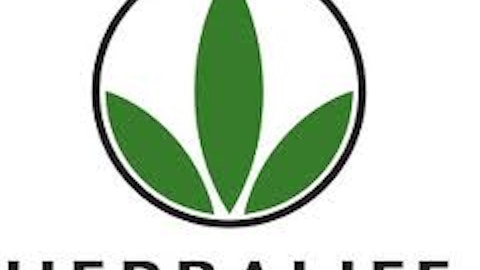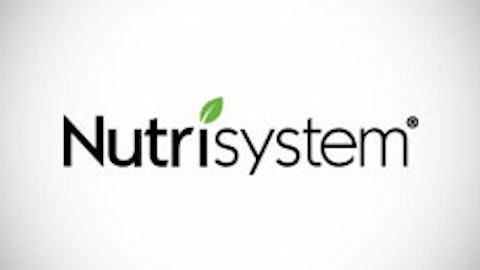
You are what you eat
It’s simple logic that eating healthier foods can help you feel better. However, many people just don’t eat the way they should. Thus, lifestyle-related illnesses like obesity and diabetes run rampant. High blood pressure, strokes, and heart attacks have material lifestyle components, too.
Physicians have been trying to get patients to change for years. Now food companies are joining the fray, and their timing may be just about perfect. First, the baby boomer generation is heading toward retirement and their peak medical use years. Second, the U.S. government is stepping into the health care market in a big way. Preventative medicine will likely become increasingly important as a tool to keep costs down and people healthier.
A Food Giant
Nestle is a giant in the packaged food industry. However, the company has begun to push the boundaries of what is food and what is medicine. In 2011, the company created the Nestle Health Science division. While still small, acquisitions and partnerships have been used to quickly build the business.
In 2012, the company purchased a stake in Accera (dietary management of Alzheimer’s disease), created a joint venture with Chi-Med (nutritional and medicinal products derived from plants), and bought Wyeth Nutrition from Pfizer (infant nutrition). One of its more recent purchases was of Pamlab, which essentially makes prescription vitamins for diabetic peripheral neuropathy, depression, schizophrenia, pregnancy, and mild cognitive impairment.
A Tough Quarter
The first quarter was a tough one for the Health Sciences division, with reimbursement issues and new competitors in key markets taking shelf space from core brands. That said, this group isn’t the one driving performance today. Emerging markets, which account for about 45% of the top line, are the most notable contributors at Nestle. The emerging market push, then, should provide ample time for the nutrition division to establish itself.
The shares recently yielded around 2.5% and have been on a slow and steady ascent. The top and bottom lines can be a little volatile at this foreign company, as can the dividend payment, but it is a world leader in packaged foods and is a relatively safe way to play the push toward medicinal food.
Not Just Yogurt Anymore
Danone is a yogurt giant. In addition to yogurt and milk products (which account for about half of the top line), however, it also sells baby food, water, and products made by its “clinical nutrition” unit.
One of the most obvious medicinal products that Danone sells is Activa. This yogurt is specifically designed to help digestion and shows the impact of medicinal foods across the company’s product portfolio. However, the clinical nutrition division, which represents less than 10% of sales today, makes formula for infants allergic to cow milk, supplements for children not growing properly, and foods to help the elderly avoid things like age related muscle loss. Products for the elderly make up around half of the division’s sales.



